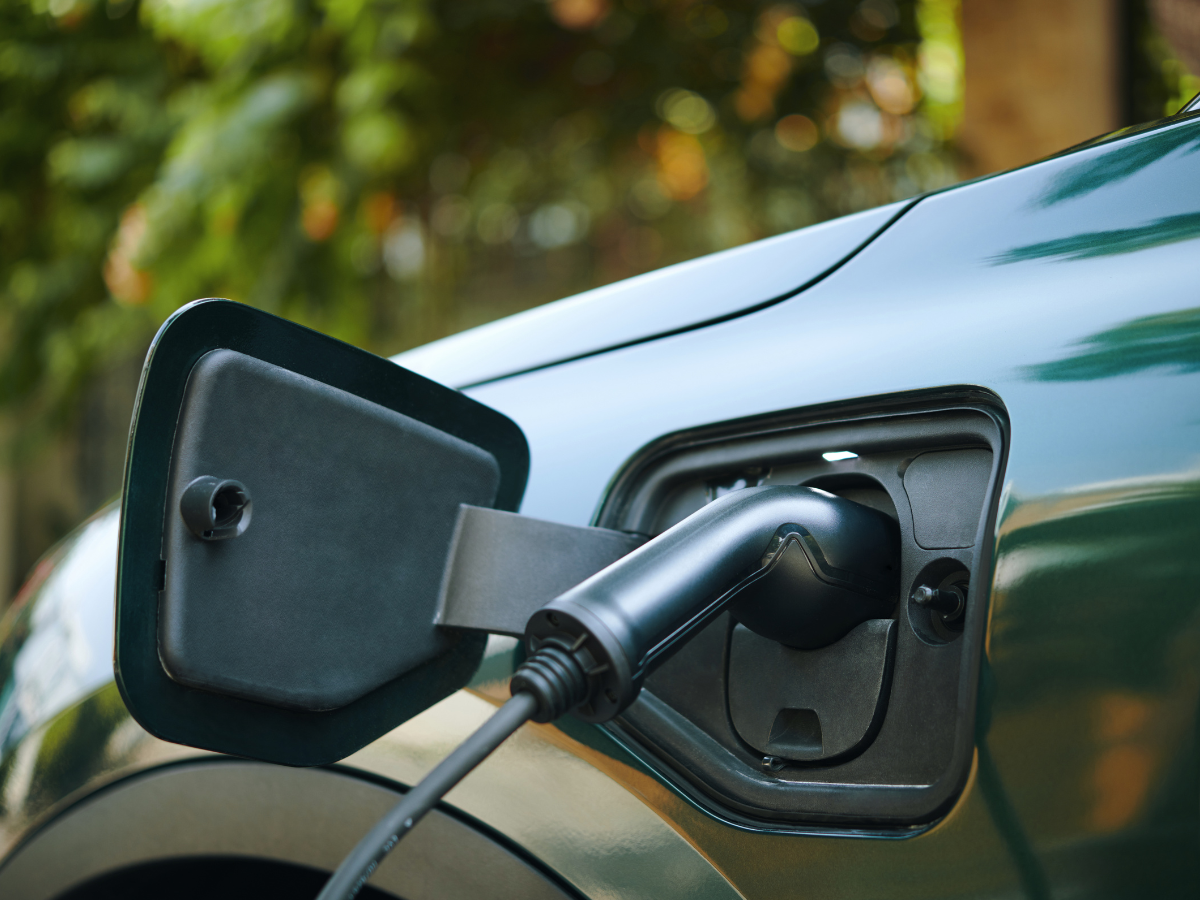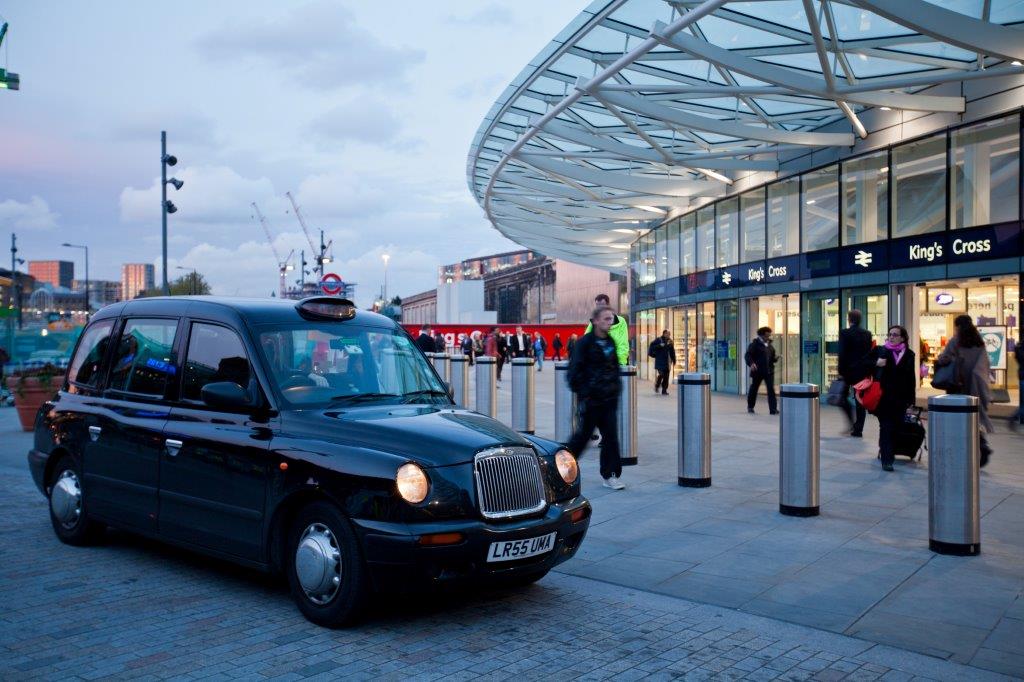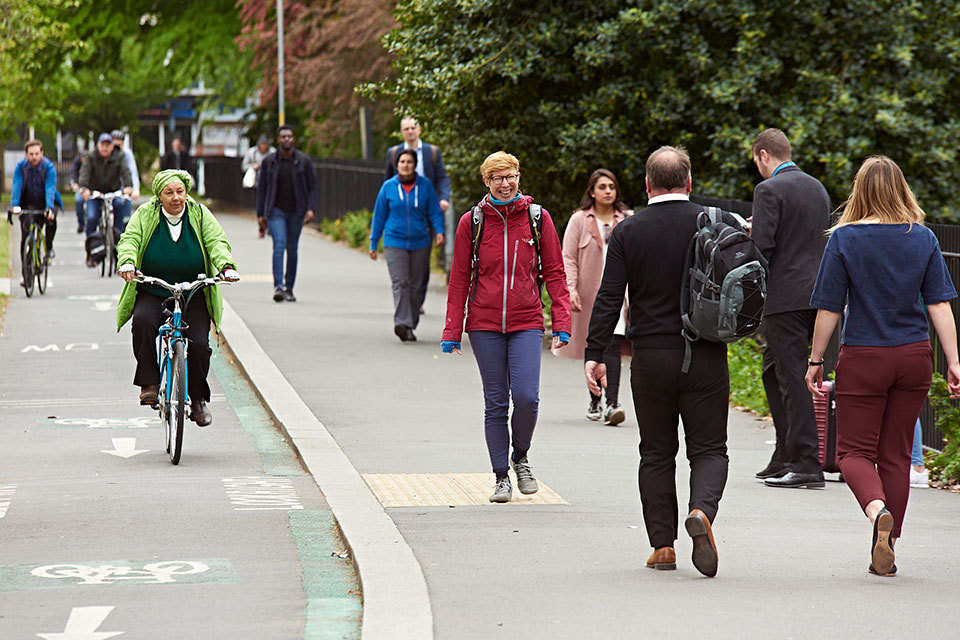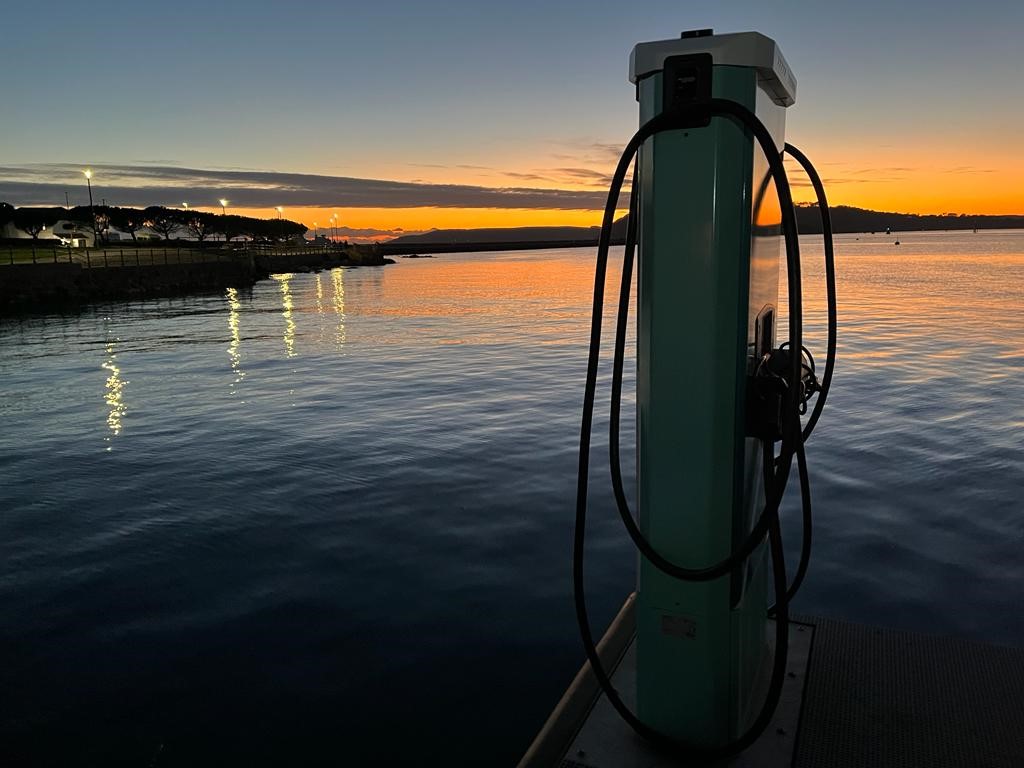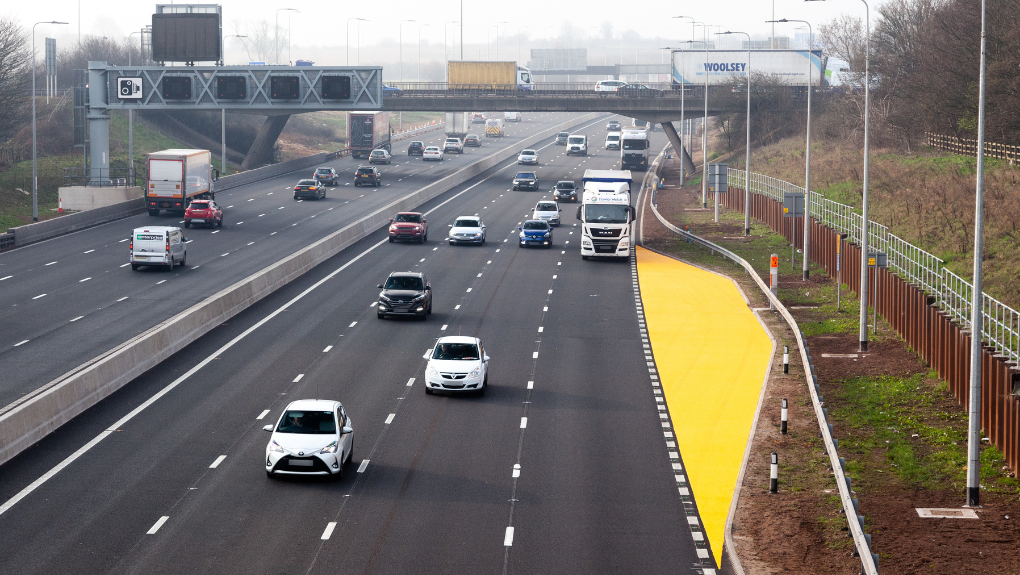Siemens Mobility, the University of York and British Solar Renewables have won two separate funding streams to try and develop new ways of powering the railways in the United Kingdom.
The first contract will help Siemens Mobility complete the final stages of technical development to feed solar energy directly to trains. With the funding coming from the DfT via Innovate UK’s First of A Kind programme, this feasibility study intends to solve the engineering incompatibilities that have stopped renewables feeding 25kV trains to date. There are plans to demonstrate trains running with solar power on the East Coast Main Line in 2023.
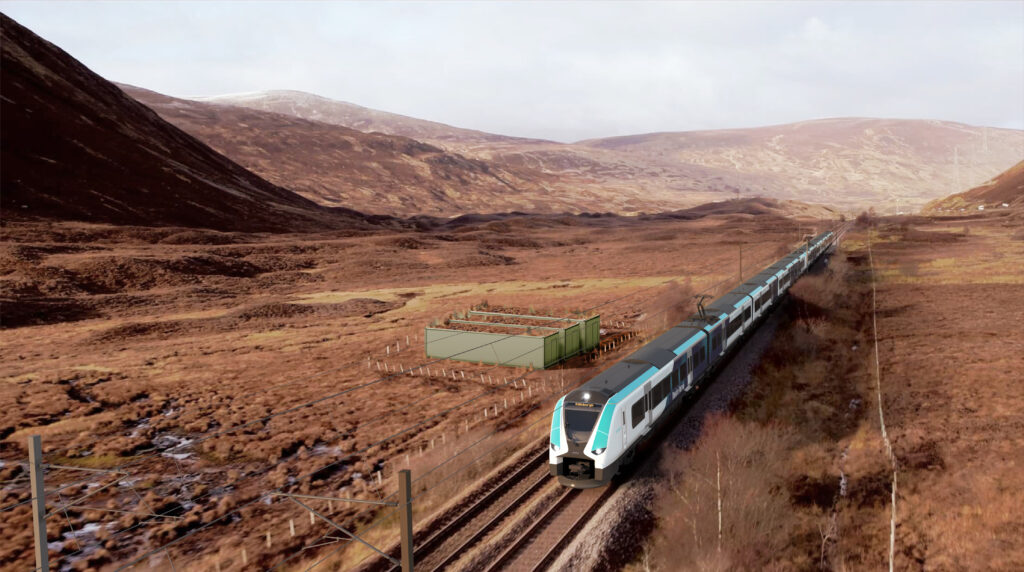
The second contract will examine the establishment of a charging station and how it could work to charge on-train batteries in areas where there are no overhead wires yet. This will help with removing diesel trains from the British rail network, including on non-electrified stretches that are longer than a single battery charge can accommodate.
Rob Morris, Managing Direct, Rail Infrastructure for Siemens Mobility, said:Transportation in Britain accounts for 27% of carbon emissions and electrification of the country's rail network is vital to transform the everyday journeys for passengers and accelerate the journey to net zero.
Our findings could revolutionise how electricity powers UK railways, opening up the possibility of a large-scale shift to green electricity across the whole country, reducing costs and creating a raft of new job opportunities at the same time.




